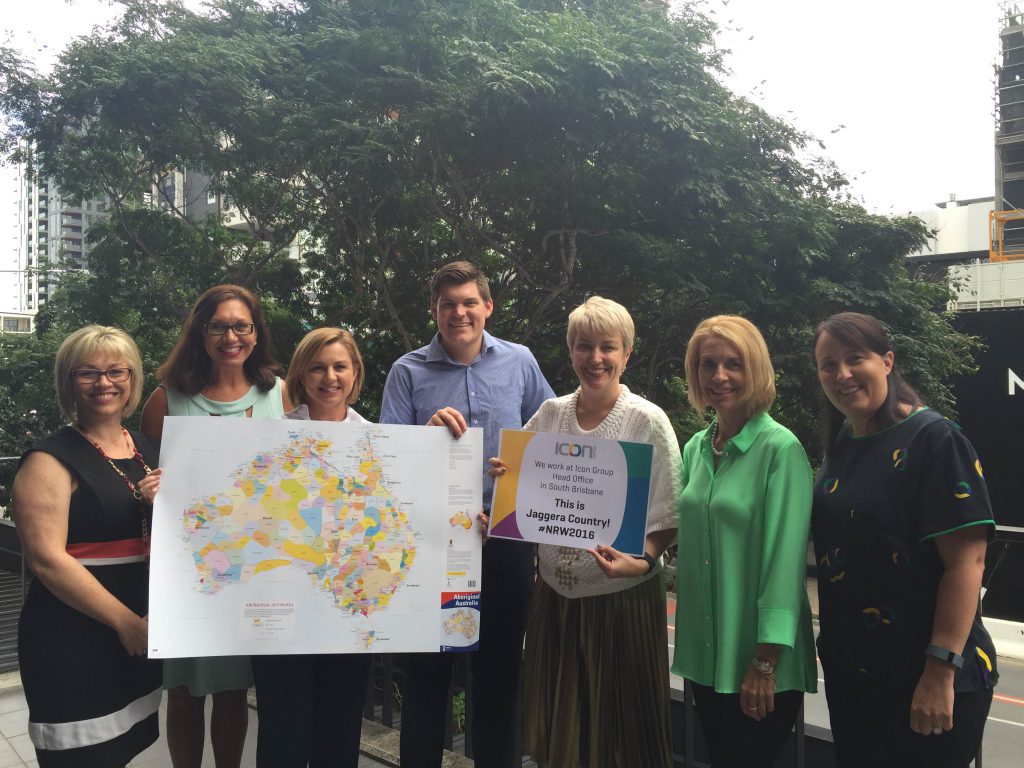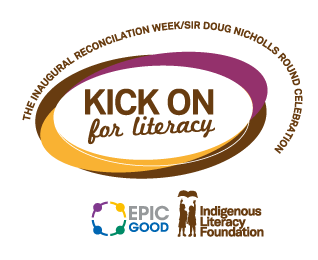This year at Icon Group we’re actively participating in National Reconciliation Week (NRW), which runs from May 27 to June 3. Pop quiz – what are the two milestones that bookend NRW?
May 27 is the anniversary of the 1967 referendum in which more than 90% of Australians voted YES to give the Commonwealth government the power to make laws for Aboriginal and Torres Strait Islander peoples, and to recognise them in the census.
June 3rd marks the 1992 High Court ‘Mabo decision’, which recognised the special relationship the Aboriginal and Torres Strait Islander people have with the land and paved the way for land rights or Native Title.
If you didn’t know those answers don’t beat yourself up, just view it as an illustration as to why participating in events like NRW and the opportunities they provide in helping us all understand a side of history that we might not have considered before is important. A side of our shared history that has impacted on how Indigenous people have been able or disabled from participating as Australians in their own land over time
You may also be unaware that 2016 marks the 10th anniversary of Reconciliation Australia’s successful Reconciliation Action Plan (RAP) program. This year we’ve started developing our own Icon Group RAP, so it’s fitting that the first actions take place during NRW. This year’s theme of Our History, Our Story, Our Future also provides a great narrative for us to build into our approach to our RAP.

It’s important to acknowledge the darker parts of Australia’s history, the impact that past laws and policies had on Aboriginal and Torres Strait Islander people and the ramifications they continue to deliver today. Understanding and acknowledging this is important in ensuring not only that those mistakes are never repeated, but also to illustrate why we view our RAP as an important and necessary group wide initiative.
‘Our story’ not only recognises and appreciates the role that reconciliation plays in Australia’s story, but also acknowledges the importance that the telling of stories has always played in Indigenous culture. We’re encouraging our team members to place themselves in the story of reconciliation by building on something that Anita Heiss, celebrated author, Epic Good Foundation Manager, and key advisor to our RAP, initiated earlier this year.
Anita woke up on January 26th this year and decided to try and do something positive on a date which the wider Australian population is finding increasingly difficult to regard as appropriate as a day of national celebration. She simply Tweeted ‘Today I woke up on Dharawal land’, and started a chain reaction around the country as people embraced this simple but powerful way of acknowledging our shared Australian history, and that all Australian land today still has traditional owners of country.
As part of our NRW activities, we’ve provided maps of Aboriginal Australia to every Icon site around the country, and are encouraging teams and team members to share photos of themselves with their maps, and the name of the country they live on or come to work on. If you happen to find yourself visiting one of our sites during NRW (or at any other time for that matter!) feel free to snap a picture of yourself with the map and send that same message out, we’re watching for them on the hashtags #NRW2016 and #IconGroup.

We’re also really excited about the event that the Epic Good Foundation is hosting with the Indigenous Literacy Foundation on May 27. We’ll not only be raising funds for the very important work that the ILF does in placing books in the hands of Indigenous children, but celebrating the work of Indigenous artists and entertainers, and generally just enjoying each other’s company – a perfect way to strengthen existing relationships and build new ones. At the time of writing tickets were still available here, if you can’t make it to the night but want to either make a donation or bid on one of the amazing auction items you can do so here.

We’re committed to making sure that reconciliation is part of Our Iconic Future as we continue on with the development of our RAP and the actions it aims to deliver. Our RAP has to be so much more than words on a page, we want it to be a living breathing attitude that our people embody, celebrating our diversity, ensuring fairness and equity not just in access to health care but in employment and opportunity. I’ll be sure to keep you updated on our progress, and if anyone wants to share the experiences they’ve had in developing their own RAPs we’d love to hear them!